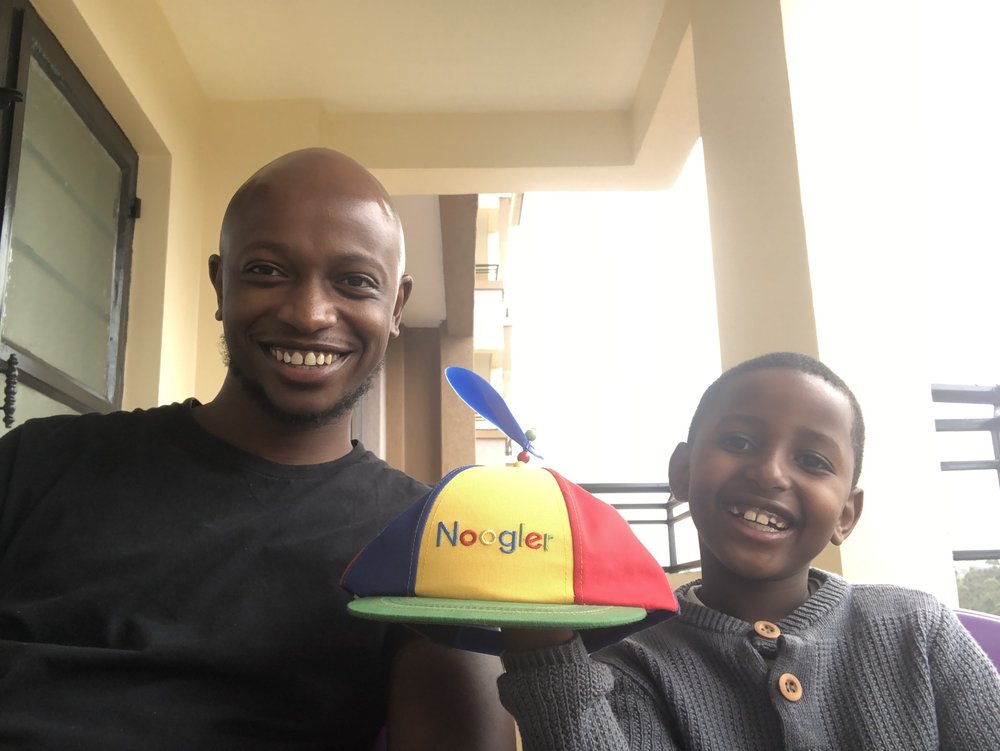Catherine is an Engineering Director for Search and a Tech Site Lead in the Google London office. She’s been managing software engineering teams since the early 90’s and joined Google in 2017 to lead the engineering team working on the Google mobile app.
What’s your favorite feature on mobile?
It’s got to be Hum to Search, without a doubt. If you go into the Google app on your phone and press the microphone button, you can hum a song and it will tell you what the song is. This has helped me quickly identify a tune so many times!
We do have a rigorous testing process, even for fun features like this, to make sure these things are something users can use and actually want. It’s a continuation of the Search premise, to keep answering the questions that niggle at you – but this time via audio.
What excites you about the future of Search?
Probably the fact that it simply keeps getting more helpful, as we combine our understanding of text, voice and images — so you’ll be able to find helpful information about whatever you see, hear and experience, in ways that are most intuitive to you. We’ve developed a helpful new function called multisearch, which means you can search with images and text at the same time. So even if you don’t have the words to describe what you’re looking for, you can get help. For example, you can search for similar products in a different color, or take a picture of wallpaper and ask for it on a blanket instead, or even how to look after the basil plant on your windowsill. We’re envisioning a future where you can search your whole world, any way and anywhere.
You’ve said before that software engineering is a very social thing. Can you expand on this?
We have an incredible team working on Search — people developing the machine learning models, the services, the software on the phone. How well those people communicate determines how well the software fits together, so it’s important people have psychological safety in the job. If they do, it means easy feedback mechanisms, good communication and tight team work.
It’s also down to leadership to make sure teams realize everyone has to succeed for the business to — that it’s really not a competition. When looking for our future Search stars, the whole person matters, not just their skills — so will you put users first, do the right thing, work well with others and create an inclusive environment? Those questions really help determine the right fit.
What do you think is a lesser known, but really useful fact about Search?
We’ve got a newish feature called ‘About this result’. When you’re searching for something, you can click an icon that then tells you more about how our systems determined a result might be a good match for your search. You can also find important context about a source or topic, before you visit a website. We’re trying to help people develop information literacy skills — so they can have more context about the sources of their information and understand how Search works. And it means they can be more savvy about what’s going on.
What do you enjoy most about working on a product like Search?
Just the impact. We have billions of users. Lots of people are relying on our information to help them in their daily lives, help them in extreme situations, help them always. It’s really nice to work on something you know people need and want. We are helpful — that’s it really. I rely on it – it’s how I live in my world. I worked in computers long before the internet, and I grew up spending hours in the library just looking things up – Search coming along changed all that. If you’d told me about this as a teenager I would have told you you were crazy!

